
Imagen generada con asistencia de Perplexity
En los deportes la sigla MVP (Most Valuable Player) que en español se traduce como jugador más valioso, está ampliamente difundida y se utiliza para indicar al jugador más destacado de un encuentro, de una serie o de un torneo.
Su utilización comenzó a principios del siglo XX en las grandes ligas de beisbol de los Estados Unidos, al menos así está documentado y el primero en utilizarlo fue la Chalmers Automobile Company que entregó en 1911 un automóvil al jugador más destacado de la temporada. 11 años después la MLB estableció su propio premio otorgándole la institucionalización que tal distinción requería. Para 1931, la Baseball Writers' Association of America (BBWAA) tomó la responsabilidad absoluta y comenzó a otorgar el MVP anual de forma oficial, una práctica que continúa ininterrumpidamente hasta nuestros días.
Otros deportes copiaron esa práctica, la NFL por ejemplo y también el fútbol, donde en cada partido se puede observar que a su término se entrevista y premia al MVP del mismo, ocasión que es aprovechada por diversos patrocinantes para donar el trofeo y hacer publicidad sobre sus productos.
Como dije, en cada partido, serie o playoffs y por supuesto en las grandes finales de los principales eventos deportivos nacionales e internacionales se elige al MVP.
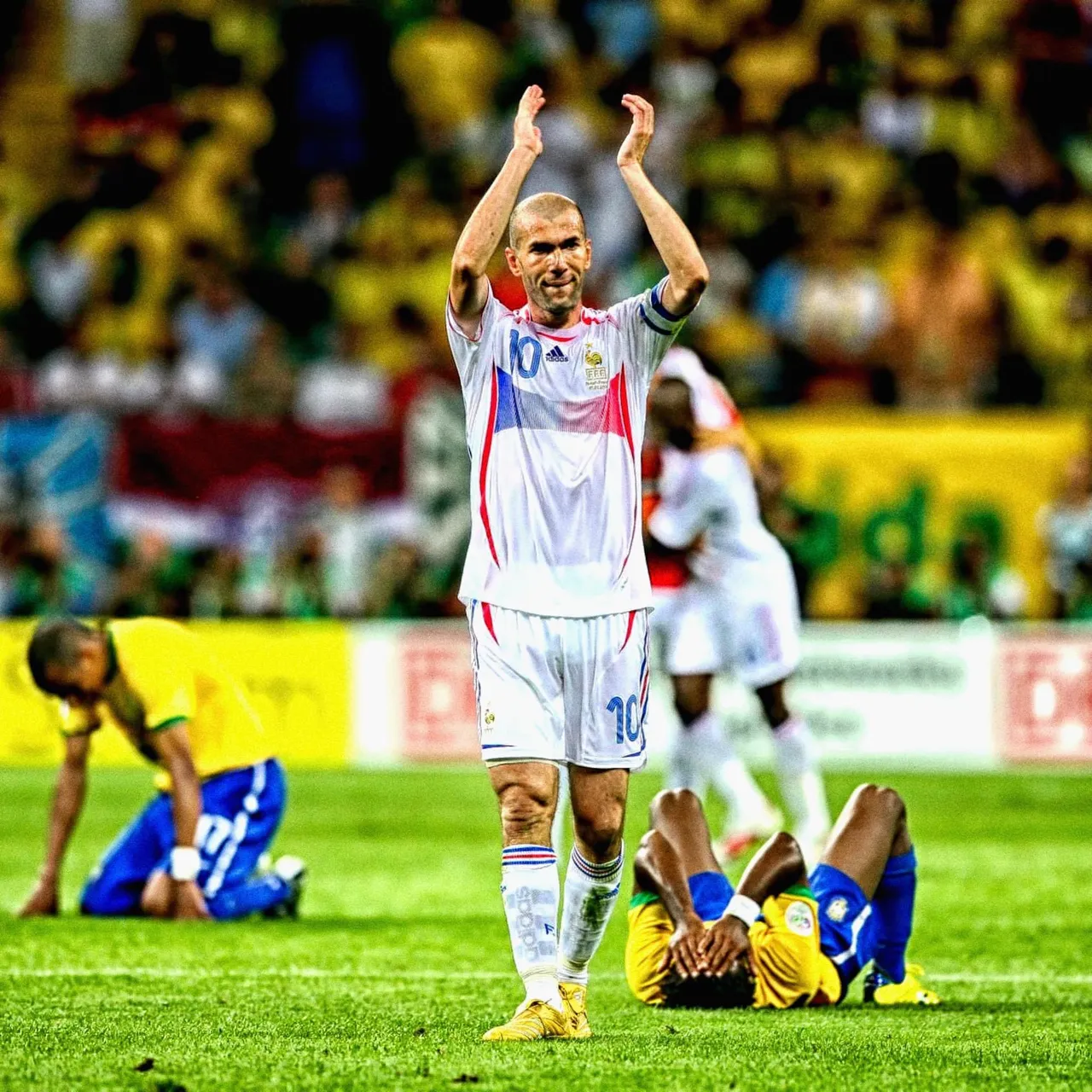
¿Y que evento deportivo más importante que el mundial de fútbol puede existir para nombrar al MVP? desde mi punto de vista ninguno porque allí se encuentran los mejores jugadores del planeta aunque en ocasiones y como este deporte es colectivo, algunos excelentes representantes del deporte más popular del planeta no pueden estar porque sus equipos no clasificaron.
En poco tiempo conoceremos al ganador del Balón de Oro, un premio ya tradicional otorgado por la revista francesa France Football desde 1956, cualquier jugador no dudaría en elegir ser el MVP de un torneo mundial en detrimento de este otro premio, más aun si además de recibir ese premio se corona campeón del mundo.
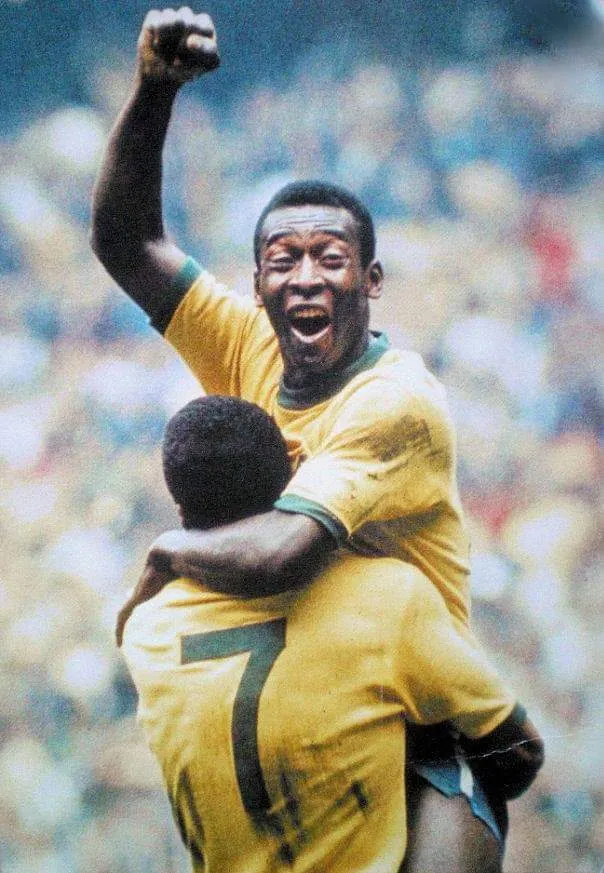
Repasando un poco la historia de los mundiales les trasmito una lista con el MVP de cada uno de ellos, no todos fueron institucionalizados en el momento de ocurrir el evento, algunos fueron definidos luego, con el revisionismo que la propia FIFA hizo de cada uno, convengamos que el premio MVP no existió oficialmente hasta el mundial de España 1982 donde el primer elegido fue el gran delantero Paolo Rossi de Italia. Debemos hacer la salvedad sobre que al no existir un premio oficial, en cada mundial anterior al de España hay algunas discrepancias, trataré de mencionarlas.
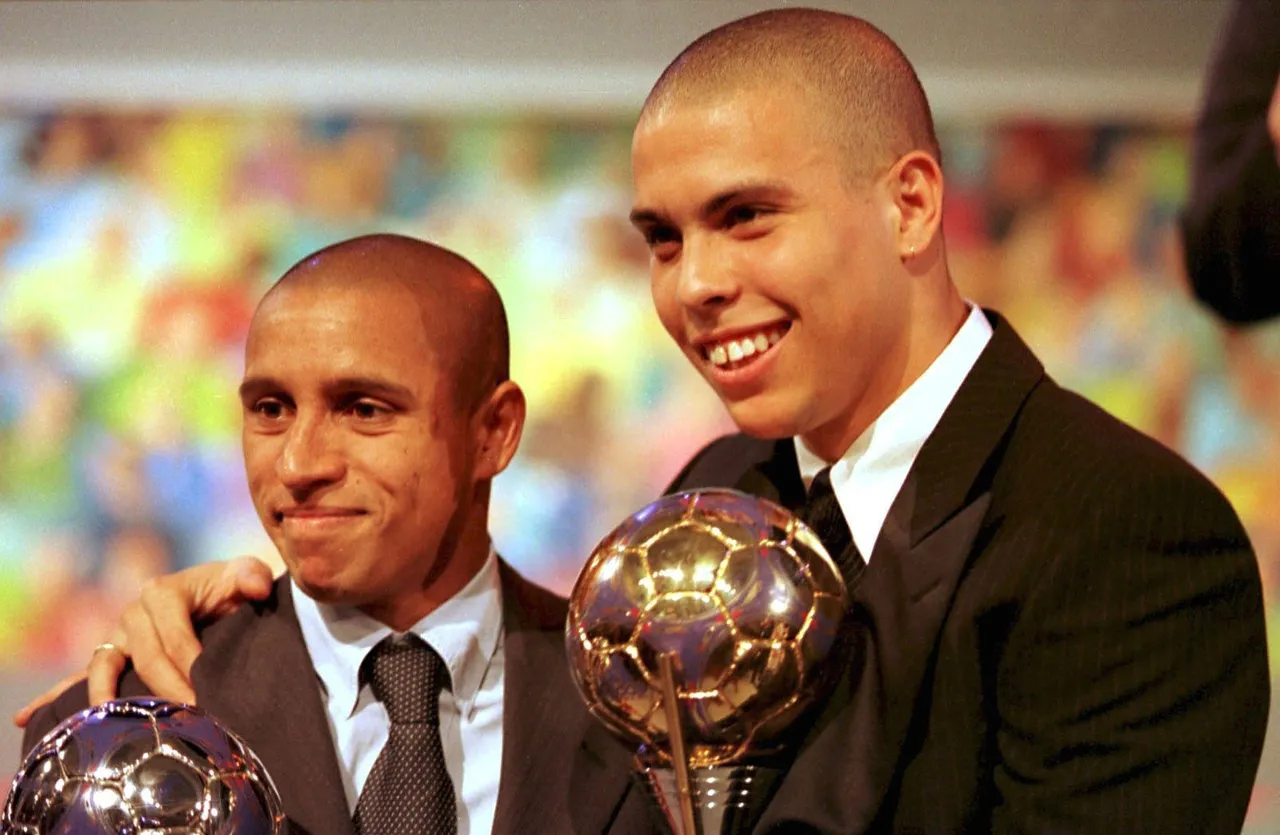
En 1930 el elegido fue el uruguayo José Nasazzi, en 1934 aparece la primera polémica, algunos medios señalan a Raimundo Orsi, un caso curioso el de este argentino ganador de la Copa América con la selección nacional en 1927 y la medalla de plata en las olimpíadas de 1928 disputadas en Ámsterdam, luego se fue a Italia, se nacionalizó y fue figura en la obtención de la copa del mundo de 1934, otros indican que la figura de ese mundial fue Giuseppe Meazza aunque Orsi fue el que consiguió el empate a poco del final para pasar al alargue donde finalmente Italia se impuso a Checoslovaquia.
En 1938 nuevamente Italia campeón del mundo y esta vez si la figura de Meazza es indiscutible como MVP. El receso por la guerra mundial obligó a cancelar la disputa de los mundiales de 1942 y 1946, recién en 1950 en Brasil volvemos a tener cita mundialista y aquí nuevamente una polémica, se señala a Obdulio Varela, capitán y máximo responsable futbolístico y anímico del plantel de Uruguay que dio la gran sorpresa al vencer a Brasil en lo que se dio en llamar "el Maracanazo", otros mencionan a la estrella Zizinho, delantero del conjunto brasileño como el MVP de ese torneo.
En 1954 la cita es en Suiza y no hay controversias, el MVP es para todos el extraordinario jugador de Hungría Ferenc Puskás, uno de los más grandes de todos los tiempos según FIFA y UEFA. Hungría finalizó en segundo lugar siendo vencido por Alemania en una sorpresiva definición.
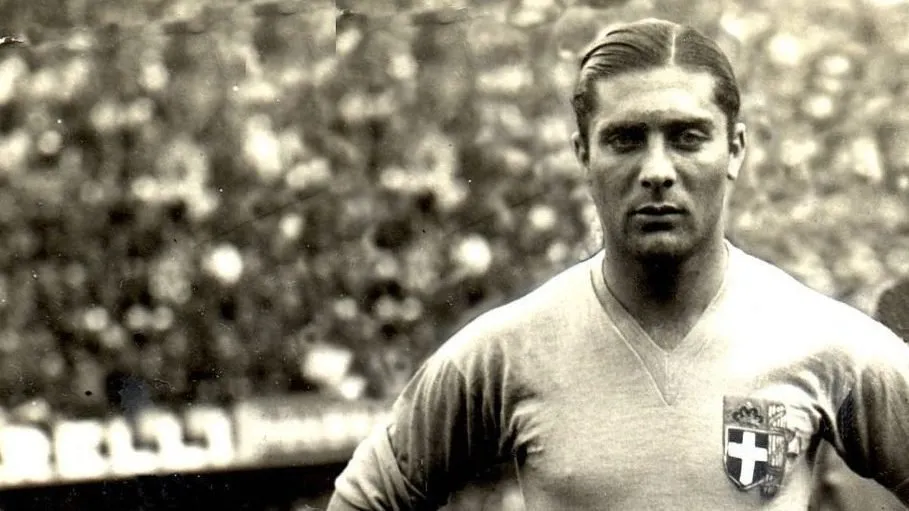
1958 y el mundial se disputa en Suecia, aquí nuevamente tenemos polémica pero esta vez entre dos jugadores del mismo país, el ganador del trofeo, Brasil. Se señala a Pelé, en ese momento un joven de 17 años que asombró al mundo, otros por su parte dicen que el artífice y máximo responsable del funcionamiento de aquel gran equipo fue Didi, quizás injustamente relegado quedó Just Fontaine, máximo goleador de todos los mundiales disputados hasta la actualidad con 13 conquistas, Fontaine fue jugador de Francia que finalizó en tercer lugar al vencer a Alemania en ese encuentro por 6 a 3.
En 1962 en Chile no hay discusión, Garrincha es MVP y Brasil nuevamente campeón. En 1966 en Inglaterra MVP es Bobby Charlton sin discusión y el conjunto inglés ganador de su único mundial. Llegamos a 1970 en México, Brasil consigue su tercer mundial y Pelé indiscutiblemente es MVP. 1974 en Alemania la "naranja mecánica" falla en la final ante el local pero Johan Cruyff se lleva el MVP merecidamente. Y llegamos al último mundial sin MVP oficial, aquí tampoco hay discusión y Mario Alberto Kempes se corona como el mejor jugador y goleador del mundial que da a la Argentina su primera estrella.
En 1982 ya no hay discusión posible, se instituye el premio al jugador más valioso y en España se corona Italia por tercera vez con Paolo Rossi como MVP. 1986 nuevamente la cita es en México que repite sede, Diego Armando Maradona se consagra MVP y Argentina se cuelga su segunda estrella. 1990, Italia sede y sorpresivamente el premio se le otorga a Salvatore Schillaci cuando todo el mundo esperaba que Maradona se llevara su segundo MVP consecutivo.
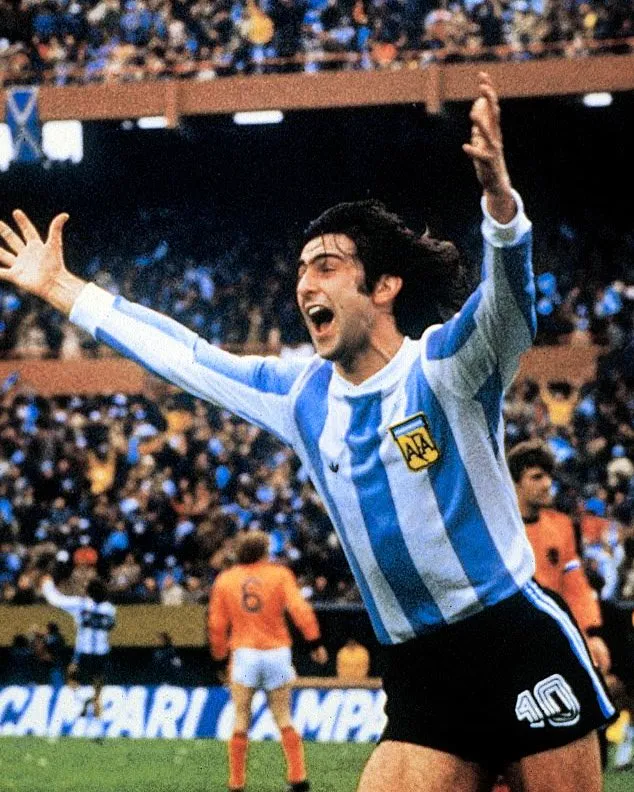
En 1994 en los Estados Unidos, Brasil consigue su cuarta estrella y la figura de Romario es elegida como MVP. 1998 en Francia, el local se corona campeón pero el MVP se lo lleva Ronaldo merecidamente. Y entramos al siglo XXI, 2002 mundial de Korea/Japón donde por primera vez el mayor evento futbolístico del planeta sale de la órbita de Europa/América, Brasil se corona campeón por quinta vez y sorpresivamente Ronaldo no consigue su segundo MVP pese a finalizar goleador del torneo, se le otorga a Oliver Kahn. En este mundial comienzan a otorgarse otros premios además del mejor jugador y al goleador, tenemos al mejor arquero, al mejor jugador joven y al juego limpio.
2006 nuevamente en Alemania, Italia da la sorpresa al obtener su cuarto título mundial y el MVP se le otorga a otra leyenda del fútbol: Zinedine Zidane. 2010 en Sudáfrica, España obtiene su primera y única estrella mundialista y el MVP se le otorga al uruguayo Diego Forlán cuya selección finaliza en cuarto lugar. 2014 en Brasil que repite sede, nueva frustración de local para el máximo ganador del trofeo, Alemania le da una paliza histórica y obtiene su pasaje a la final que disputa frente a Argentina quedándose con su cuarto título, Lionel Messi obtiene el premio al MVP. 2018 en Rusia y Francia obtiene su segundo título, el croata Luka Modrić obtiene merecidamente el trofeo MVP.
Llegamos al final de una larga historia, hasta ahora. Qatar 2022 y la tercera estrella para Argentina, el MVP va nuevamente a las manos de Messi, el único jugador que obtiene hasta el momento ese galardón en dos citas mundialista en forma oficial.
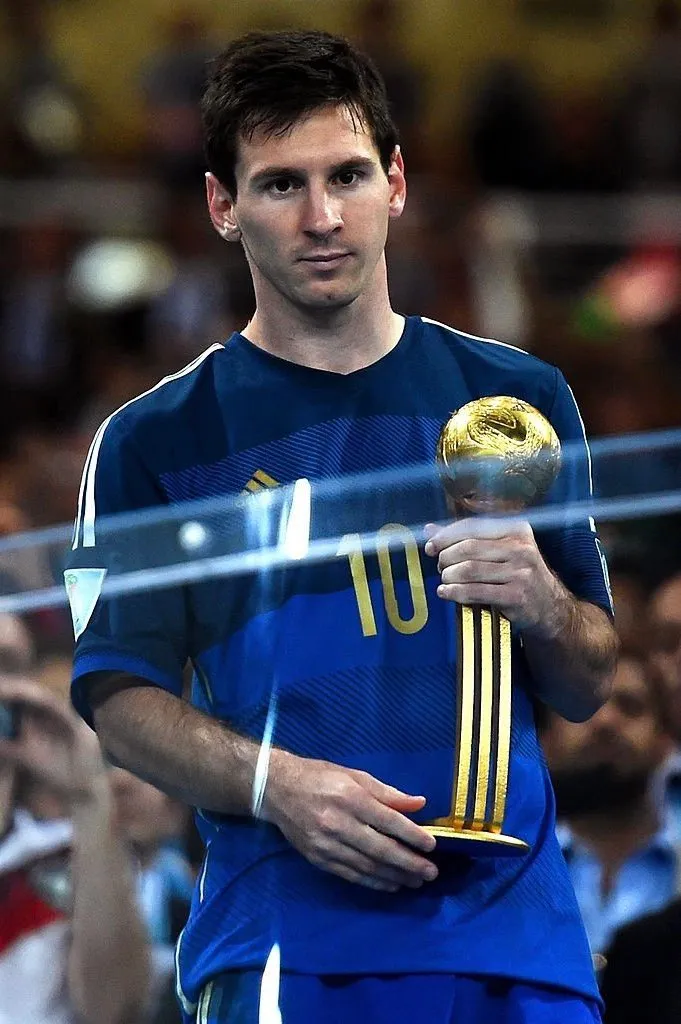
El MVP del fútbol mundial tiene una rica y larga historia, con algunas polémicas pero mucha tradición y principalmente buenos exponentes que dan todo por los colores de su país y por el maravilloso espectáculo que brinda este deporte, el más popular de todos.
MVP
In sports, the acronym MVP (Most Valuable Player), which in Spanish translates as "most valuable player," is widely used to indicate the most outstanding player in a game, series, or tournament.
Its use began in the early 20th century in the United States' Major League Baseball, at least as documented. The first to use it was the Chalmers Automobile Company, which awarded a car to the season's most outstanding player in 1911. Eleven years later, the MLB established its award, granting it the institutionalization that such a distinction required. By 1931, the Baseball Writers' Association of America (BBWAA) assumed sole responsibility and began officially awarding the annual MVP, a practice that continues uninterruptedly to this day.
Other sports have copied this practice, such as the NFL and soccer, too. At each game, you can see that the MVP is interviewed and awarded, an opportunity used by various sponsors to donate the trophy and advertise their products.
As I said, the MVP is chosen in every game, series, or playoffs, and of course, in the grand finals of major national and international sporting events.
And what sporting event could be more important than the World Cup to name the MVP? From my point of view, none, because the best players on the planet are present there. However, occasionally, and since this sport is a team sport, some excellent representatives of the most popular sport on the planet are unable to participate because their teams failed to qualify.
We will soon know the winner of the Ballon d'Or, a traditional award given by the French magazine France Football since 1956. Any player would not hesitate to choose being the MVP of a world tournament over this other award, even more so if, in addition to receiving that award, they are crowned world champion.
Reviewing a bit of World Cup history, here's a list of the MVPs for each. Not all were institutionalized at the time of the event; some were later defined, with FIFA's revision of each. Let's agree that the MVP award didn't officially exist until the 1982 World Cup in Spain, where the first winner was the great Italian striker Paolo Rossi. We must note that, since there is no official award, there have been some discrepancies in each World Cup prior to Spain. I'll try to mention them.
In 1930, Uruguayan José Nasazzi was chosen, and in 1934, the first controversy arose. Some media outlets pointed to Raimundo Orsi, a curious case: this Argentine winner of the Copa América with the national team in 1927 and the silver medal at the 1928 Olympics held in Amsterdam. He later moved to Italy, became a naturalized citizen, and was a key figure in the 1934 World Cup victory. Others point to Giuseppe Meazza as the star of that World Cup, although Orsi was the one who scored the equalizer shortly before the end, leading to extra time, where Italy ultimately defeated Czechoslovakia.
In 1938, Italy was once again world champion, and this time, Meazza's figure is undisputed as MVP. The recess for World War II forced the cancellation of the 1942 and 1946 World Cups. It wasn't until 1950 that Brazil returned to the World Cup, and here again, controversy arose. Obdulio Varela, the captain and chief football and morale officer of the Uruguayan squad, who pulled off a major upset by defeating Brazil in what became known as "the Maracanazo," is singled out. Others point to star striker Zizinho, the Brazilian team's MVP, as the tournament's MVP.
In 1954, the tournament was held in Switzerland, and there was no controversy. The MVP, according to everyone, was the extraordinary Hungarian player Ferenc Puskás, one of the greatest of all time according to FIFA and UEFA. Hungary finished second, defeated by Germany in a surprising final.
In 1958, the World Cup was held in Sweden. Here, controversy erupted again, but this time between two players from the same country, the winner of the trophy, Brazil. People point to Pelé, at that time a 17-year-old who amazed the world, others say that the architect and person most responsible for the functioning of that great team was Didi, perhaps unfairly relegated was Just Fontaine, top scorer in all the World Cups played to date with 13 conquests, Fontaine was a player for France that finished in third place by beating Germany in that match by 6 to 3.
In 1962, in Chile, there was no dispute: Garrincha was the MVP and Brazil was once again the champion. In 1966, in England, Bobby Charlton was the undisputed MVP, and the English team won their only World Cup. We arrived in 1970 in Mexico, where Brazil won its third World Cup and Pelé was undisputedly the MVP. In 1974, in Germany, the "Clockwork Orange" failed in the final against the host nation, but Johan Cruyff deservedly won the MVP. And then we arrived at the last World Cup without an official MVP. Here, too, there was no dispute, and Mario Alberto Kempes was crowned the best player and top scorer of the World Cup, giving Argentina its first star.
In 1982, there was no further dispute: the Most Valuable Player award was established, and in Spain, Italy was crowned MVP for the third time, with Paolo Rossi as MVP. In 1986, the tournament was held again in Mexico, where it hosted the tournament again. Diego Armando Maradona was crowned MVP, and Argentina earned its second star. In 1990, Italy hosted the tournament, and surprisingly, the award went to Salvatore Schillaci when everyone expected Maradona to win his second consecutive MVP.
In 1994 in the United States, Brazil earned its fourth star, and Romario was chosen as MVP. In 1998, in France, the host nation was crowned champion, but the MVP deservedly went to Ronaldo. And we entered the 21st century, with the 2002 World Cup in Korea/Japan, where for the first time the biggest soccer event on the planet moved beyond the purview of Europe/America. Brazil was crowned champion for the fifth time, and surprisingly, Ronaldo didn't win his second MVP despite finishing as the tournament's top scorer. It went to Oliver Kahn. This World Cup began to award other prizes besides the best player and top scorer: best goalkeeper, best young player, and fair play.
In 2006, Italy again pulled off a surprise win by winning its fourth World Cup title, and the MVP award went to another football legend: Zinedine Zidane. In 2010, in South Africa, Spain earned its first and only World Cup star, and the MVP went to Uruguay's Diego Forlán, whose team finished fourth. In 2014, in Brazil, a repeat host, another home disappointment for the trophy's most successful team. Germany delivered a historic thrashing and secured their place in the final against Argentina, claiming their fourth title. Lionel Messi won the MVP award. In 2018, in Russia, France won its second title, and Croatian Luka Modrić deservedly won the MVP trophy.
We've reached the end of a long, so far long story. Qatar 2022 marks the end of Argentina's third star. The MVP award once again goes to Messi, the only player to win the award in two official World Cups so far.
The MVP of world football has a long and rich history, with some controversy but a long tradition, and mainly strong performers who give their all for their country's colors and for the wonderful spectacle that this sport, the most popular of all, offers.
Héctor Gugliermo
@hosgug